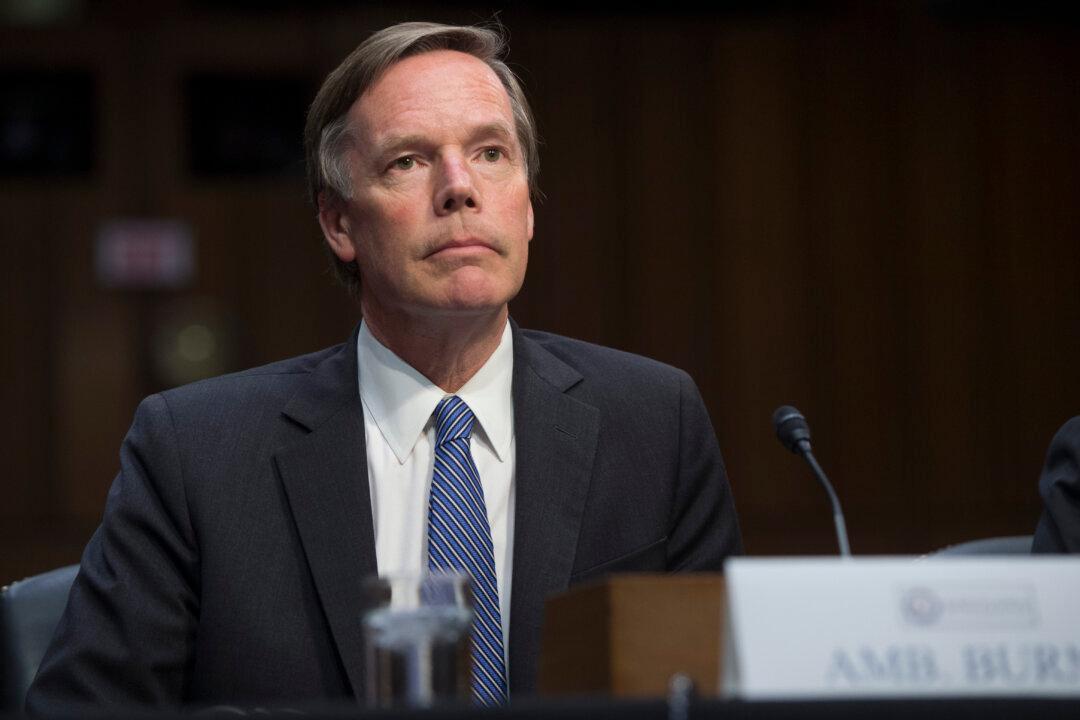China’s communist regime continues to block communications with senior U.S. officials and is increasingly refusing to participate in dialogues about Russia and Taiwan, according to a senior U.S. diplomat.
The United States and China’s communist regime continue to have “major disagreements” on a number of critical issues, including Russia and Taiwan, said U.S. Ambassador to China Nicholas Burns, but the Biden administration maintains it does not want a “conflict” or “cold war” with the regime.




